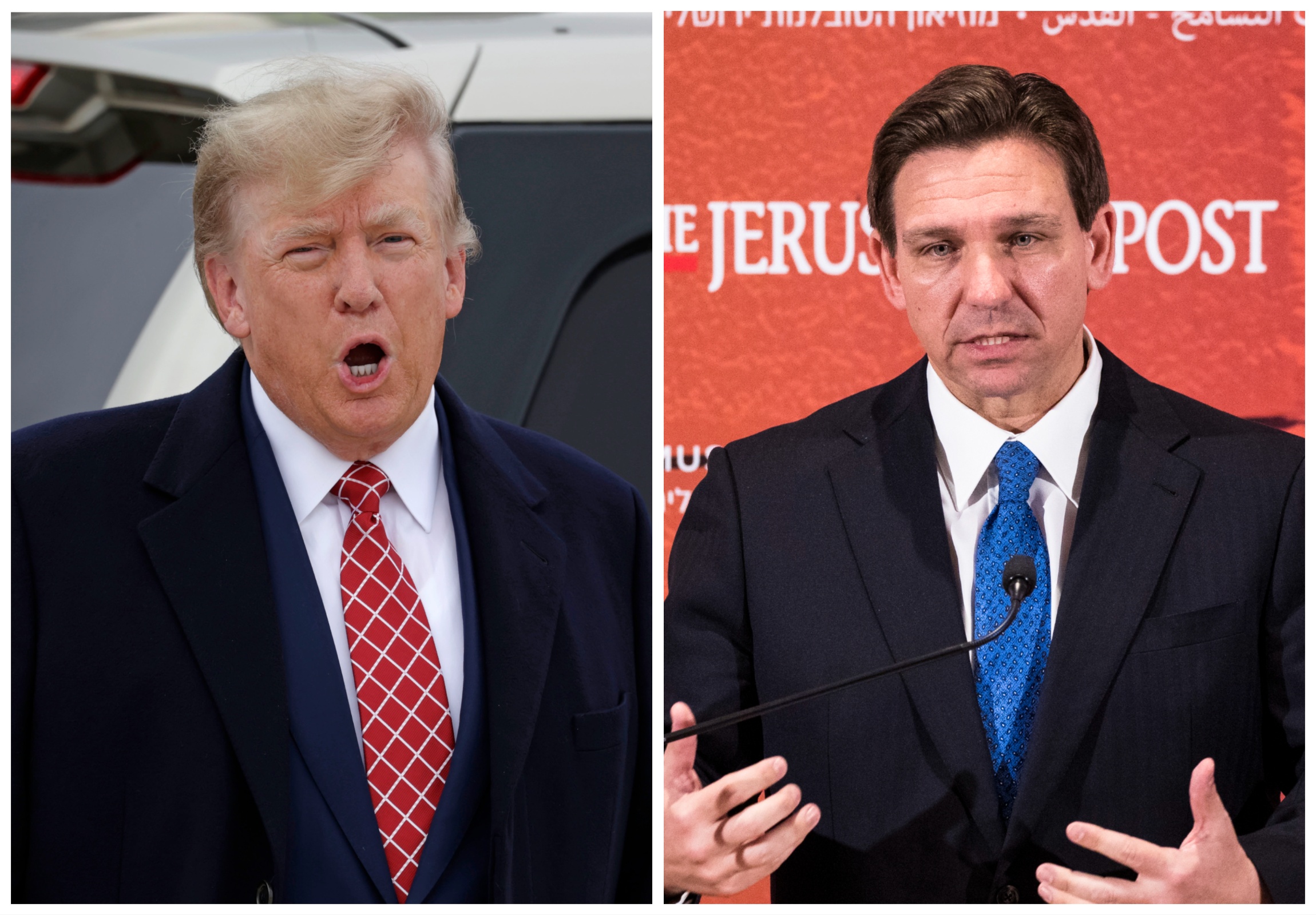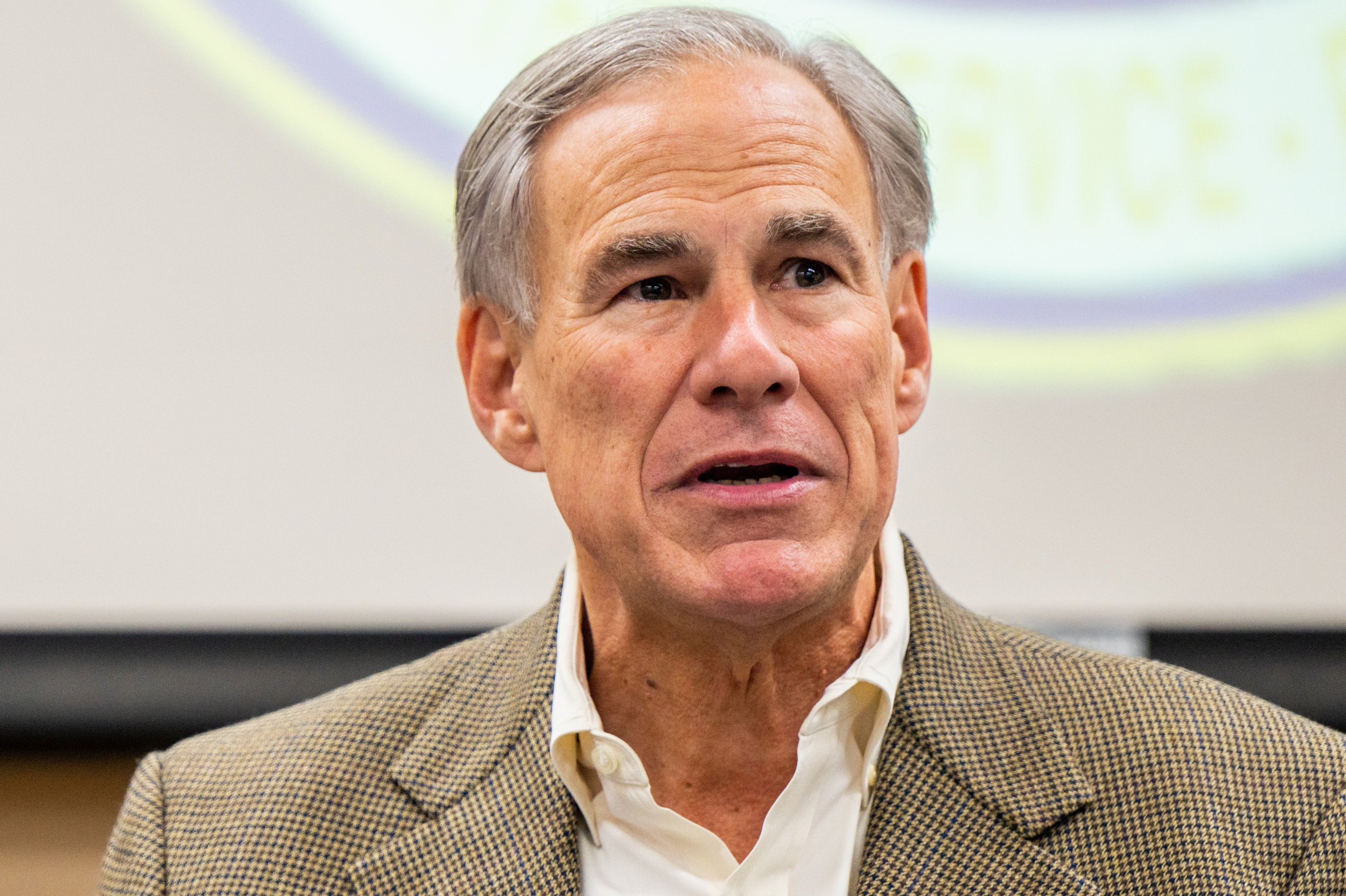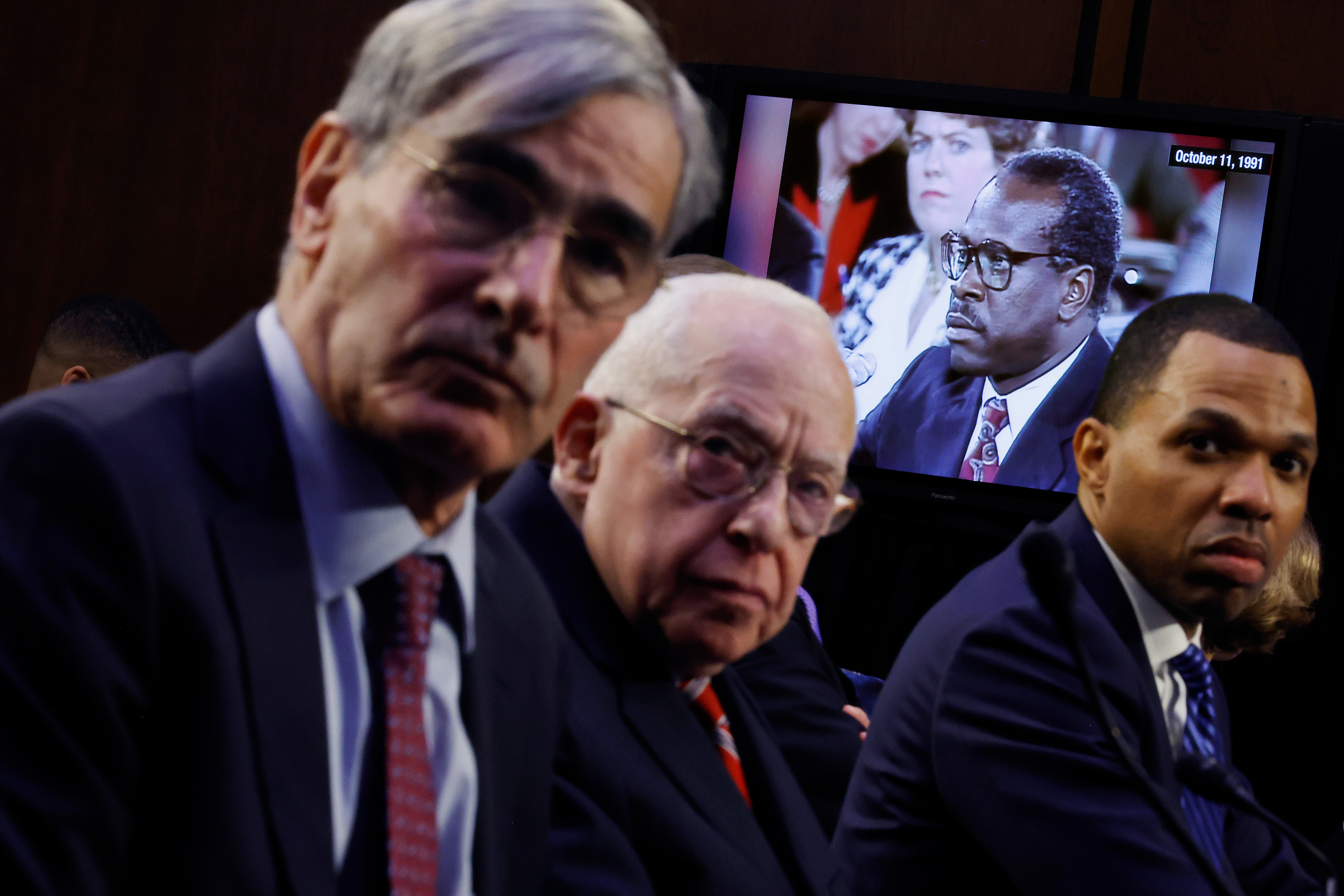Canceling Student Loans Will Actually Boost Servicer's Revenues—Analysis
The Supreme Court case, Biden v. Nebraska, that will decide the fate of President Joe Biden's student debt cancellation plan rests on a claim that states will be financially harmed if it goes into effect.
But data shows that the organization at the center of the battle, the Missouri Higher Education Loan Authority (MOHELA), would see its bottom line improve after debt cancellation. This is according to a new analysis by the Roosevelt Institute, a left-leaning think tank, and The Debt Collective, a union of debtors.
MOHELA is one of several companies the federal government pays to handle billing and other services on federal student loans.

Delivering on a campaign promise, Biden had announced his plan to wipe away $10,000 in federal student loan debt for millions of Americans. There would be an additional $10,000 for those who received federal Pell Grants to attend college. These are awarded only to undergraduate students who display exceptional financial need and have not earned a bachelor's, graduate, or professional degree.
Republicans quickly denounced the plan, arguing Biden did not have the legal authority to broadly cancel student debt. The Biden administration argued that it does under the HEROES Act. This legislation allows the secretary of education to waive or modify the terms of federal student loans in connection with a national emergency.
Six Republican-led states—Arkansas, Iowa, Kansas, Missouri, Nebraska and South Carolina—sued to block the plan, arguing that they would be financially harmed.
Justin Haskins is the director of the Socialism Research Center at The Heartland Institute and a New York Times bestselling author. He wrote for Newsweek in December: "Student debt forgiveness and the payment pause disproportionately benefit wealthier, higher-earning individuals, many of whom have government jobs. The majority of these folks are supporters of Joe Biden."
In February, attorneys for the plaintiffs argued before the Supreme Court that they have standing—the right to sue over the plan—because of Missouri's ties to MOHELA, which was founded by the state's legislature.
But the Roosevelt Institute and The Debt Collective say research, based on internal MOHELA documents obtained through public record requests, shows MOHELA's revenue from direct loans will "increase substantially" if Biden's debt-relief plan happens.
"After President Biden's proposal is enacted, MOHELA's direct loan revenue will actually be larger than at any prior point in the company's existence, 88 percent higher than the previous year," the report's authors wrote.
They added that about 2 million of MOHELA's accounts would be fully canceled by Biden's debt relief plan. However, the company will still be servicing federal loans for roughly 5.4 million unique borrowers in total. This, it notes, is twice as many as before loan payments were paused at the start of the COVID-19 pandemic three years ago.
The analysis goes on to estimate that those figures indicate MOHELA would make $167 million in revenue servicing federal direct loans in the first year after cancellation.
"This is 88 percent more than the amount MOHELA made in 2022, and significantly more than it has made in its entire history," the report states. "In short, MOHELA will not suffer financial harm from cancellation."
The analysis added that MOHELA's internal "Forgiveness Impact Summary," obtained through a Missouri Sunshine Law request, confirms the assessment. This is despite it being based on figures from August last year, prior to an increase in borrower accounts.
That document estimates that if debt cancellation goes ahead, MOHELA will make $8,096,002 a month, or $97,152,024 annually, servicing federal direct loans—a 9 percent increase from the $88.9 million in revenue it made servicing federal direct loans in 2022.
MOHELA has said that its executives was not involved in the states' decision to sue over the debt-relief plan.
Newsweek has contacted MOHELA, the Roosevelt Institute and the Debt Collective by phone and email for comment.
"The lawsuit that threatens this policy rests on a chain of false and flimsy claims," researchers wrote in their conclusion.
"The entire premise of the lawsuit against student debt relief rests on the idea that 43 million student debtors shouldn't get relief for which they were already approved because one of the corporations contracted by the government to collect student debt, and thus the state of Missouri, will be financially harmed in the process.
"Our analysis reveals this assertion to be false. In contrast, MOHELA will earn higher revenue than ever before, even after cancellation is administered—contradicting the plaintiff's argument and calling into question their claims to standing," they added.
Louise Seamster, an assistant professor at the University of Iowa and co-author of the analysis, said in a press release: "At a moment when the Supreme Court's legitimacy is already rapidly declining, the Biden v. Nebraska decision marks a pivotal moment in the ongoing politicization of the court.
"It is critical that the Supreme Court understands the true facts of this case and its potential impacts on borrowers, our broader economy, and our democracy."
This information was never presented to any court or judicial body. Not the lower court, 8th circuit or the Supreme Court. Why? Nobody required Republican plaintiffs to show their work. No fact-finding happened. No discovery. Just vibes.
— The Debt Collective 🟥 (@StrikeDebt) May 2, 2023
This lawsuit is a sham—plain and simple.
The Debt Collective noted on Twitter that the information laid out in the analysis "was never presented to any court or judicial body. Not the lower court, 8th circuit or the Supreme Court.
"Why? Nobody required Republican plaintiffs to show their work. No fact-finding happened. No discovery. Just vibes. This lawsuit is a sham—plain and simple."
The Supreme Court, dominated 6-3 by conservatives, is likely to issue its decision by the end of June.
Whether or not student debt gets canceled, the loan payments will end 60 days after the lawsuit is resolved. If it is not resolved by June 30, payments would resume 60 days after that.








